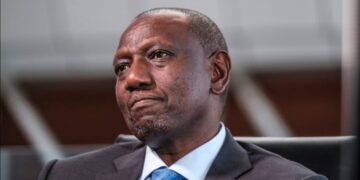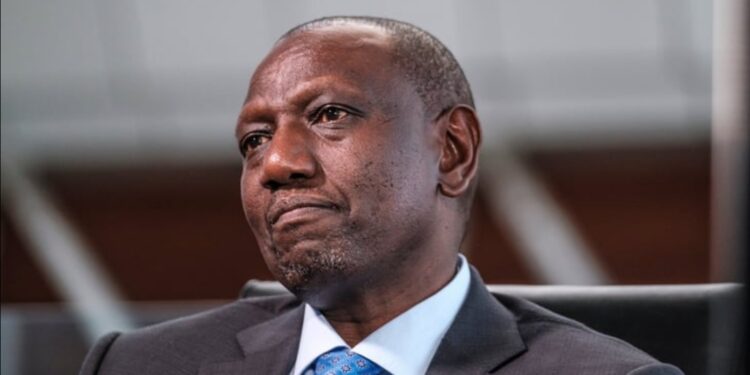By Enyichukwu Enemanna
Some Kenyans have jokingly compared the country’s leader, William Ruto with the biblical figure Zacchaeus, who is portrayed in the Christian holy book as a greedy tax collector, short in size who climbed a tree to see Jesus.
Zacchaeus in Swahili language is called Zakayo.
Their comparison is not unconnected with series of new taxes being introduced and astronomical increase on the existing ones since Ruto was elected the East African country’s President in August last year.
This economic policy has made the former Vice President unpopular with many Kenyans who believe he has betrayed his campaign pledge to champion the interests of “hustlers”, which aided his triumph over his opponent, Raila Odinga at the polls.
President Ruto has acknowledged that the taxes are “painful” but, in an Independence Day speech on 12th December, emphasized that the sacrifices the nation was making “would make our freedom fighters proud”.
He told Kenyans that the higher taxation is necessary to reduce government borrowing, and reduce the national debt profile, currently at 10 trillion shillings ($65bn; £51bn).
Ruto had inherited much of the debt from his predecessors.
“We have made the right choices, sometimes taking very difficult and painful decisions, to steer Kenya back from the edge of the catastrophic cliff of debt distress,” he said.
“Since I have already been referred to as Zakayo in some areas, maybe we will have a tax collector day,” he jokingly said in May.
Kenyans have expressed concern over the increasing tax, especially with the rising cost of living in the country dealing with burgeoning unemployment rate.
They have alleged that the taxes are not being deployed towards improving public services, rather used in funding frivolities of government officials.
This perception has grown, especially after Kenya’s Controller of Budget – an independent office that oversees the use of public funds recently raised concern over the high taxes amid “wasteful” spending, including on domestic and international travel by government officials.
Since then, budget cuts have been announced, and spending on foreign trips has been reduced.
President Ruto, who has made over 40 trips abroad in about a year, has defended his travelling, saying he was seeking foreign investment and job opportunities for Kenyans.
Since July, there has been a high increase in the rate of tax on salaries from 30% to 35%, a new 1.5% housing tax, a 2.75% hospital insurance fund levy, a 3% turnover (gross sales) tax on small businesses and a doubling of taxes on fuel to 16%, among others.
Some of the taxes, amid a rising cost of living, led to deadly street protests earlier in the year.
A steep increase in the cost of obtaining identity cards, passports, birth, marriage and death certificates was also announced but has since been suspended by the courts.




































